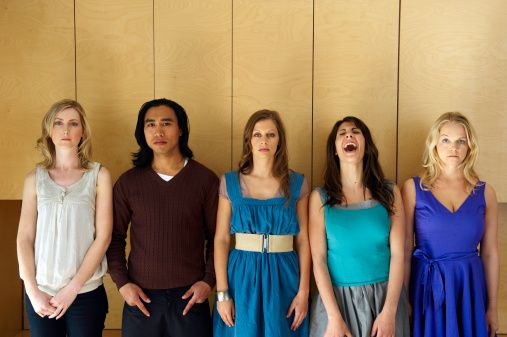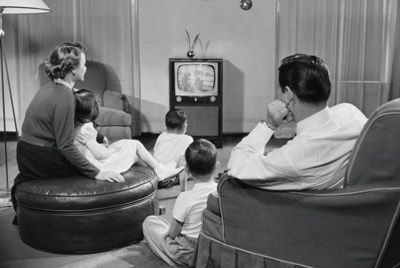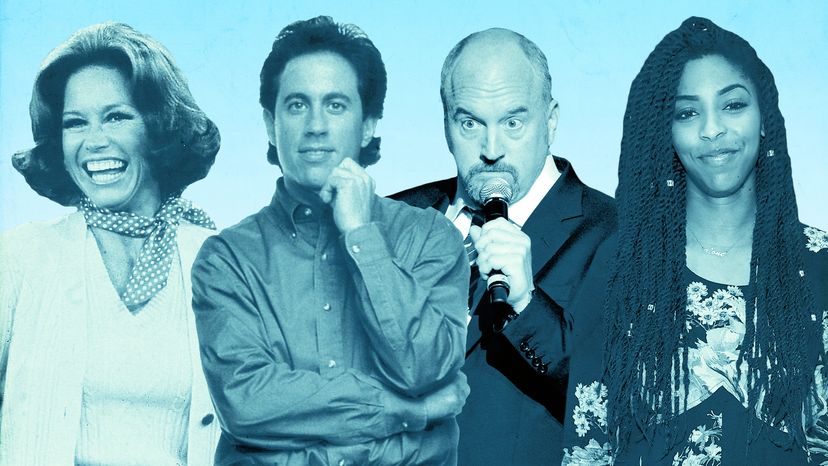
From "The Mary Tyler Moore Show" to "Seinfeld," there's a long history of comedians starring in shows named after themselves, and even playing characters that share the same first name. We take it for granted that a sitcom starring Drew Carey would be called "The Drew Carey Show" and feature a character named Drew. But we'd think it was pretty weird if a drama like "24" was titled "The Kiefer Sutherland Show." And furthermore, Sutherland plays a character named Jack — not Kiefer. So where did this self-referential naming convention for comedians-turned-actors come from?
Tim Brooks is a former TV network executive and one of the top historians of American TV and radio. He ran the research departments at NBC, USA Networks and Lifetime from the 1970s through 2007, where his job was to analyze ratings data and conduct focus group testing to figure out what viewers actually liked.
Advertisement
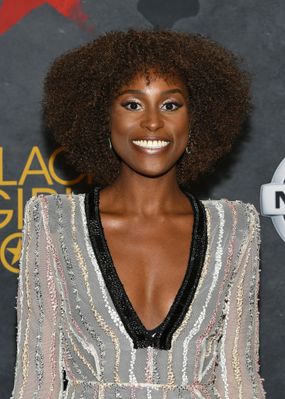
Brooks says that while the tradition of naming a comedy show after its star probably dates back to the minstrel shows of the 1800s, the custom really took off when TV became "big business" in the 1960s. That was when TV networks started spending a lot of money on market research to better sell their shows to the viewing public. Every summer, the networks would run surveys to gauge public awareness and interest in the upcoming fall TV lineup.
"Shows that had the name of star in them would immediately pop, even two or three months out," says Brooks. "Even if the [viewer] hadn't seen any promotion for the show, the name was instantly recognizable."
The primary goal of all entertainment marketing is to get viewers to "sample" your product. In a crowded media marketplace, says Brooks, studios and production companies need something to cut through the noise. One of the best methods is to leverage the existing celebrity cache of a star.
"If you've got a show starring Bill Cosby, who sold millions of albums in the 1960s, rather than call it 'The Thursday Night Comedy Show' or something generic, call it 'The Cosby Show' and people who like him will come and check it out," says Brooks. And that's why the trend mainly applies to the lead in the show – even when famous actors play supporting roles, their characters don't share a name.
"The Cosby Show" is a shining example of a sitcom name being chosen purely for marketing purposes. In many sitcoms, the title character shares the first name of the comedian: Mary Tyler Moore played Mary Richards on "The Mary Tyler Moore Show"; Roseanne Barr was Roseanne Conner on "Roseanne"; Jessica Williams is Jessica James on "The Incredible Jessica James." And comedian Jerry Seinfeld shared both names with his stand-up comic character on "Seinfeld," essentially playing himself. But Bill Cosby's character was named Dr. Heathcliff Huxtable. Would "The Cosby Show" have been as successful if it had been called "The Huxtables"? Most likely not.
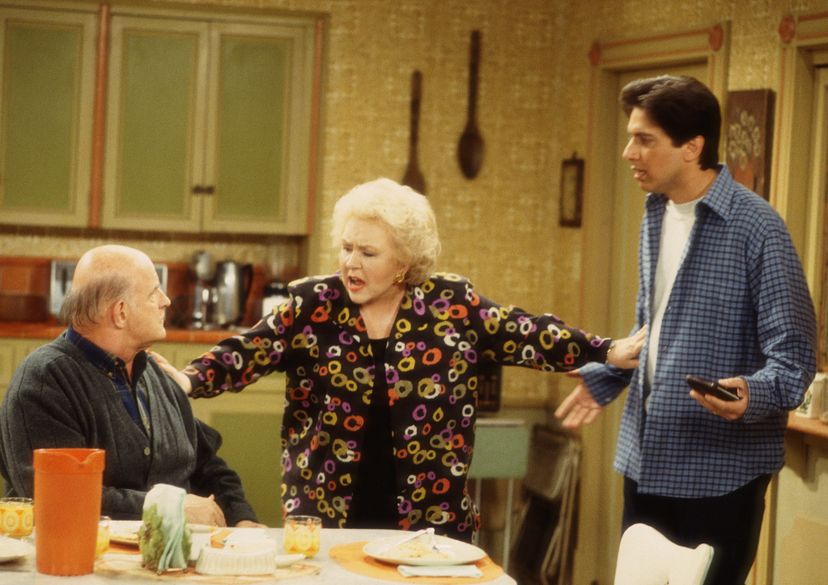
Even decades before focus group testing and Nielsen ratings, TV producers, networks and advertisers knew that a famous name would grab people's attention. When TV was just starting out in the 1940s, it was seen as the "younger sibling" to film, says Saul Austerlitz, author of "Sitcom: A History in 24 Episodes from I Love Lucy to Community."
"Film was understood to be the place where all the big, larger-than-life stars were — the John Waynes and Katharine Hepburns of the world," says Austerlitz. "TV couldn't entirely compete on that front, so there was a desire to pump up the performers that they did have, and emphasize that star quotient."
Sometimes that star power wasn't immediately recognizable. When Milton Berle was hired to host his first TV variety show, it was called "Texaco Star Theatre," after the show's main sponsor. Only later did it become "The Milton Berle Show," and one of the most successful TV shows in history. When Ed Sullivan, a newspaper writer, made the move to TV in 1948, he became the host of "Toast of the Town." It wasn't until 1953 that he'd become a big enough star to change the show's name to "The Ed Sullivan Show," says Brooks.
While sitcoms and comedy shows are much more likely to cash in on a star's name, it wasn't always that way, says Brooks. Back in the 1950s, there was a popular run of dramatic "anthologies" hosted or "presented" by a celebrity actor. Examples include "Robert Montgomery Presents" (1950-1957), "The Loretta Young Show" (1953-1961) and "Jane Wyman Presents The Fireside Theatre" (1955-1958).
You don't see any TV dramas named after stars today, mostly because most new dramas are procedurals with ensemble casts of relatively unknown actors, at least when they debut.
"You wouldn't call CSI 'The William Petersen Show,'" says Brooks.
Advertisement
